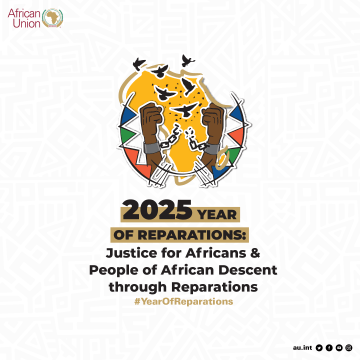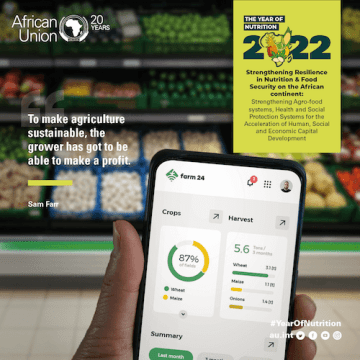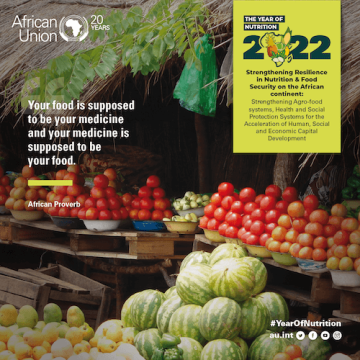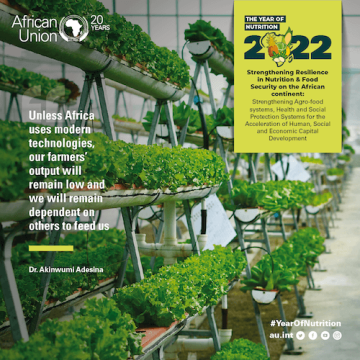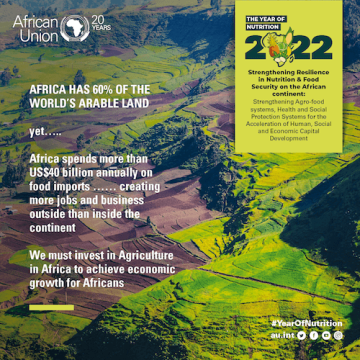Kigali, Rwanda – 30-31 October 2025 – The African Peer Review Mechanism (APRM) hosted the sixth edition of the African Governance Seminar Series (AGOSS) under the theme “Securing Africa’s Financial Future through Effective Economic Governance and Management.”
AGOSS is a platform that brings together key experts to stimulate debate and analyse emerging developments on governance on the continent. The 2025 seminar reviewed papers exploring the impact of international credit rating agencies, the mobilisation of domestic capital for development, and the potential of the AfCFTA and regional cooperation to enhance credit resilience and economic sovereignty, amongst other pertinent issues.
In her welcome address, Dr. Doris Uwicyeza Picard, Chief Executive Officer of the Rwanda Governance Board, recognised that sound economic governance and management is a critical pillar for securing Africa’s financial future.
Speaking on behalf of Her Excellency Ambassador Marie-Antoinette Rose-Quatre, CEO of the APRM Continental Secretariat, Dr. McBride Nkhalamba underscored the importance of engaging a broad range of stakeholders by developing platforms that encourage dialogue and collaboration. He noted that the AGOSS is one such tool.
The first day of the two-day seminar focused on the Africa Credit Rating Agency and examined the role and impact of international rating agencies on the continent’s financial architecture. Papers presented by invited experts included analyses of structured sovereign engagement and its potential as a mechanism to enhance African financial sovereignty. Expanding on this, other authors, scholars and experts explored issues such as mobilising domestic capital to secure Africa’s financial resilience, the influence of international credit rating agencies on African sovereigns, and the evolution of credit ratings towards a Human Governance Index. Participants further discussed the impact of external credit rating agencies on African countries and explored the development of home-grown institutions to enhance national creditworthiness.
The first day of the seminar concluded with exploring how global reforms and financing frameworks need to be reshaped, with a focus on the role of an Africa Credit Rating Agency in understanding Africa’s financial landscape. The engaging debates highlighted several critical issues, including the methodological biases of the “big three” rating agencies: Moody’s, Fitch, and Standard & Poor’s, in addition to inadequacies and a lack of transparency in their operations, which in many cases appear to be influenced by external interests. The ‘big three’ rating agencies are seen as gatekeepers to global capital, thus emphasising the importance of the independence from central banks.
The second and last day of the Seminar focused on how strong, independent central banks and transparent credit systems can strengthen local financial markets, build trust in domestic debt, and secure Africa’s economic future. Attending experts proposed strategies to strengthen Africa’s financial systems and enhance confidence in domestic debt markets. In this regard, key discussions centred on the development of independent central banks, maintaining stable and credible monetary policies, and establishing a robust sovereign credit data infrastructure. Several presentations argued that central bank independence can serve as a commitment device, reinforcing credibility and confidence in monetary policy. Recommendations made by a panel of experts suggested that greater central bank independence is linked to stronger sovereign credit ratings, signalling heightened investor confidence that goes beyond merely affecting rating levels. In this regard, it was noted that independence also influences the direction and stability of rating changes, reinforcing the credibility of monetary policy and strengthening trust in domestic financial markets.
The propositions from the 6th edition of the African Governance Seminar Series drew a clear conclusion: enhancing central bank autonomy is essential for Africa’s economic future, while fostering resilient and transparent domestic debt markets and boosting investor confidence is not only important but essential for ensuring adequate economic governance and management in Africa.
For media inquiries or further information, please contact the APRM Continental Secretariat at info@aprm-au.org.
@APRMorg – X




